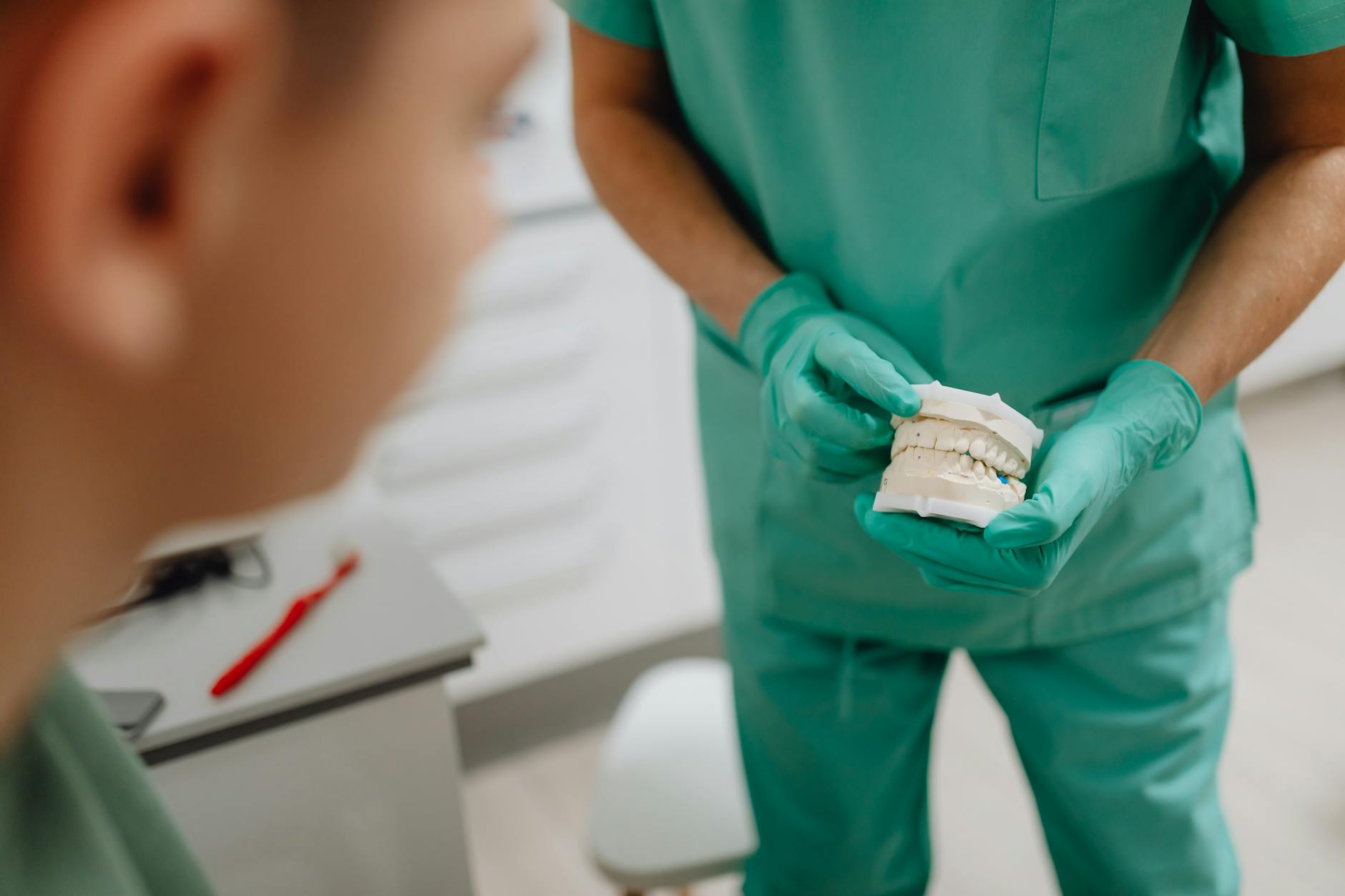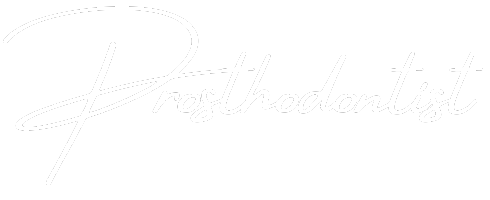
You don’t realize what’s missing
Not at first. Not even when it breaks. You chew differently. You smile carefully. Your tongue moves where something used to be. Your jaw learns new shapes without telling you.
But the rest of you notices.
The rest of you notices
There’s a small fatigue that lives in small changes. You avoid certain foods. You speak with less confidence. You turn slightly in photos. You start answering less in conversations. You don’t know why.
Until someone asks the right question.
Until someone asks the right question
That question might be simple. “When did you last feel comfortable biting down?” You stop. You think. You don’t know the answer. Maybe years. Maybe a decade. You’ve just gotten used to shifting.
That’s when the word comes in. Prosthodontist.
That’s when the word comes in
It sounds technical. Heavy. Like something beyond a cleaning or a filling. You imagine machines. Scans. Complexities. But what it really means is something simpler.
It means someone who notices absence and knows how to speak to it.
Someone who notices absence
They don’t start with solutions. They begin with space. With time. With your story. Not just the teeth you lost, but how you lost them. Age. Trauma. Illness. A little bit of all three. They listen differently.
They listen with their hands, too.
They listen with their hands, too
They hold molds. They trace the curve of your jaw. They feel the weight of silence in your bite. They notice when you flinch. When you avoid mirrors. When your tongue searches for a tooth that will never grow back.
They never rush that.
They never rush that
The role of a prosthodontist is not just to replace. It’s to remember. To rebuild without pretending it never broke. To understand the mouth as a memory, not just a map of teeth. They don’t treat numbers. They treat stories.
Even the quiet ones.
Even the quiet ones
Some people need full reconstructions. Some need a single crown that fits right for the first time in years. Some don’t know what they need until someone tells them it’s okay to ask.
There is no single kind of patient.
There is no single kind of patient
There are the ones who had radiation. The ones who clenched too long. The ones who lost teeth during childbirth. During grief. During something they never spoke of. There are those who hid it so long, it felt normal.
Until it didn’t.
Until it didn’t
And that’s where the prosthodontist meets them. Right at the edge of function and emotion. With knowledge, yes. But more than that—with steadiness. With understanding that loss isn’t just structural. It’s personal.
And rebuilding is intimate.
Rebuilding is intimate
Impressions are made. Adjustments happen. The jaw learns new paths. There is soreness. Frustration. There are moments when you think, maybe this will never feel right. But they wait with you. They re-fit. They revise. They listen again.
They expect the uncertainty.
They expect the uncertainty
And when it fits—when you bite and don’t feel the shift—something quiet returns. A memory of ease. A moment of stillness. A word spoken without doubt. A photograph you don’t hide.
That’s not just skill. That’s care.
That’s not just skill
A prosthodontist may talk about function. About alignment. Occlusion. Retention. But what they are really offering is restoration of self. A return of voice. Of appetite. Of confidence you didn’t know had left.
They do it in pieces. Slowly. Precisely.
Slowly. Precisely.
Because healing doesn’t rush. It moves in millimeters. Like the way they adjust the bite. The pressure. The shape of something that’s supposed to feel like it belongs. Not perfectly. But truly.
Like it was always meant to be there.
Like it was always meant to be there
That’s what they make. Not just teeth. But memory that no longer hurts to hold. They don’t ask you to be grateful. But you might be. When you finally speak with ease. When you finally chew and forget to think.
You just live.
